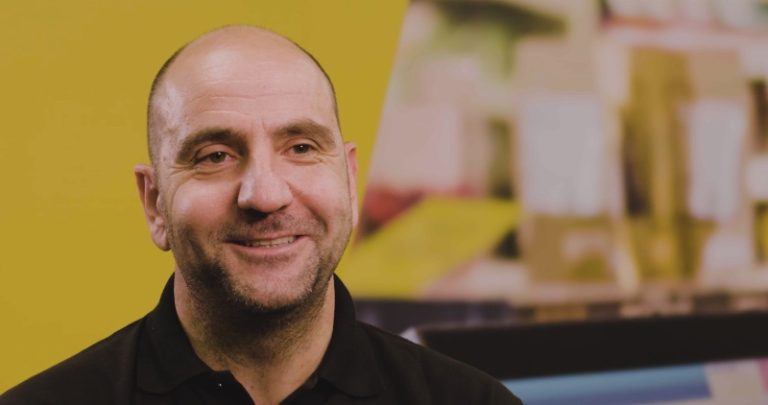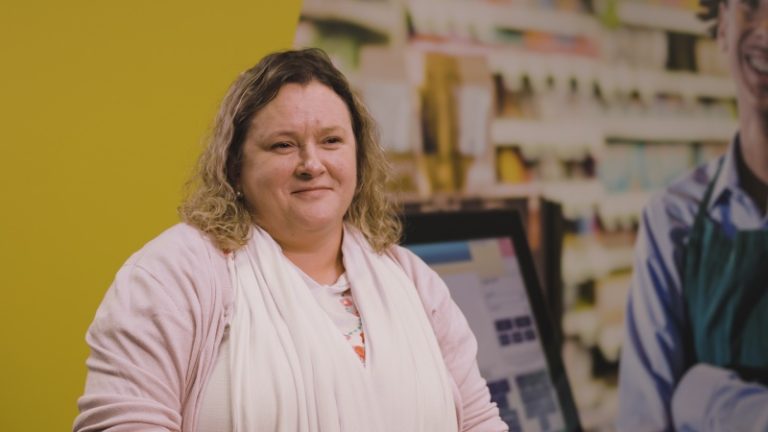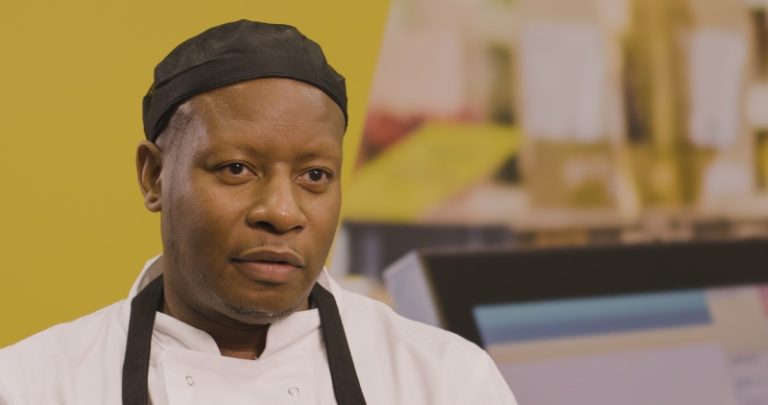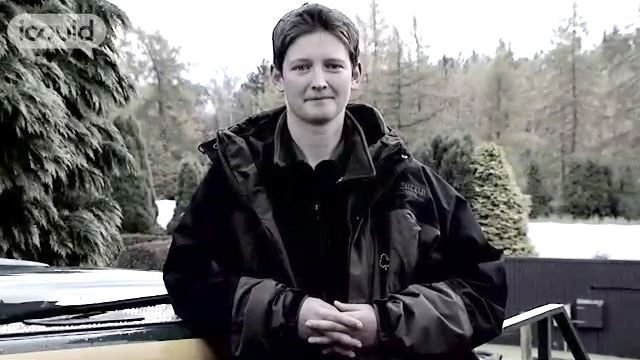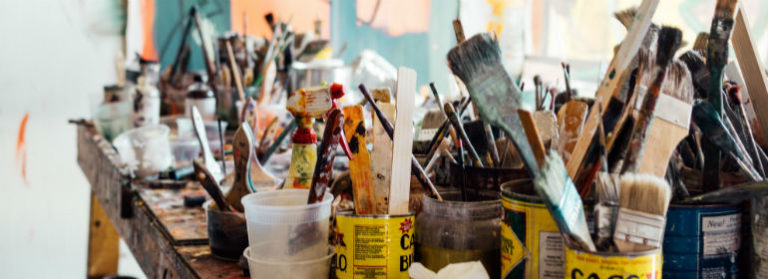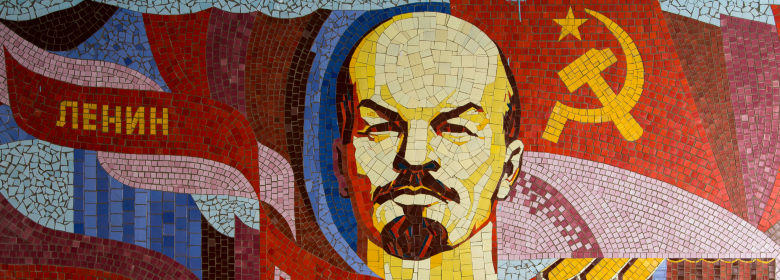
Want to better understand the world today and develop key skills? Here's how studying the past can benefit your future and lead to a range of careers.
What is history?
History is the study of the past. It looks at different periods in time, from the Greeks and Romans to the modern age. There are lots of different types of history, such as world events or local history, through to the history of countries, subjects or people.
Being a historian involves detective work – looking at different sources of evidence to try and work out what happened in the past. Historians then try and identify the cause and impact of events.
What skills will I learn if I study history?
Studying history can help you develop research and analytical skills, including the ability to:
- form clear arguments
- think critically
- develop perspective
- research and evaluate evidence
Learning about history can also boost your soft skills, including communication, team work and time management.
Why choose history for your GCSE options?
History is good choice for your GCSE subjects if you want to:
- keep your future subject choices open
- study a general subject
- find out about related subjects – such as politics, sociology or economics – which you may not have had the chance to study yet
You might want to take a look at the GCSE curriculum for your school. This will tell you which topics or periods of time you will study.
History is part of the English Baccalaureate (EBacc), a set of core subjects which can help you choose your GCSE options (and which are also used as a measure for schools).
See Choosing your GCSE options for more details.
History at A-level
When you’re choosing A-level subjects, consider how your choices go together. History is an essay-based subject. It fits well with English, languages, other humanities subjects such as geography, and social science options, such as politics or economics.
Taking history at A-level can be a stepping stone to subjects for further study at university or college, such as archaeology, classics or history of art.
But be sure to check entry requirements for university courses on UCAS, as entry routes vary.
See Choosing A-level subject: five points to consider for more information.
History at university
History is a broad academic degree. Courses vary but you often get to carry out your own research and choose modules spanning different ages and topics.
What careers can I follow with history?
Studying history can lead to careers in areas including:
- Museums and galleries
- Heritage sites and organisations
- Records and archives
- Conservation
- Education
It can also lead to careers in wider areas such as law, the civil service and local government, charities, policy and journalism.
Watch real-life videos on history careers
Lizzie, Assistant Curator, V&A museum
After studying history at university, Lizzie worked in a contemporary art gallery, and then took a masters’ degree in history of design. Small pieces of research, editorial and writing work followed, before getting a job as an assistant curator.
Watch nowKeith, Information and Membership Supervisor at Clumber Park
Keith loved history and heritage and liked working with people, so when a job came up at a nearby National Trust estate, he knew it was a great fit.
Watch nowAnna, Solicitor, Farrer & Co
“I had absolutely no idea when I left school what I really wanted to do. I did a history degree, because it was what I really enjoyed. And I have no regrets in going that way round, because the beauty of the law is that you can come to it from anything.”
Watch now